It’s good to see more people turning their focus back to the #openweb. But for the past five years of the #reboot we’ve been distracted in a signal-to-noise mess from the #fashionistas. That waisted time needs to be over, we need to start looking clearly at both internal rot and the external threats.
A good first step to this is in balancing the realisation that we actually have far more direct power to deal with the internal mess than we do over the external #dotcons and their #closedweb “common sense” colonialisation. That’s why we need to put activism into composting the internal #blocking (see: https://hamishcampbell.com/?s=compost). Composting isn’t just a metaphor – it’s a way to recycle the piles of #techshit we’ve built up into soil that can grow new #openweb seeds we need to cultivate.
I understand the normal focus on the external #dotcons, yes, we need to balance this to keep pushing back against the external enclosures. But inside our own spaces, it’s clear that possessiveness, in code, in reputation, in control over projects, undermines cooperation and destroys trust. It wastes resources, it corrodes integrity – People often destroy what they love, not out of hate, but out of possession.
This is directly relevant to the degeneration of the #SocialHub project (see: https://hamishcampbell.com/why-teach-everyone-to-code-has-become-a-dead-end-slogan/). What was once the lively centre for the #ActivityPub and #Fediverse reboot is now reduced to a handful of unthinking “problem” people circling the drain. That’s not unusual, it’s a normal outcome when we fail to compost mess.
The lesson is simple: compost the blocking, keep the seeds alive, and make space for growth.
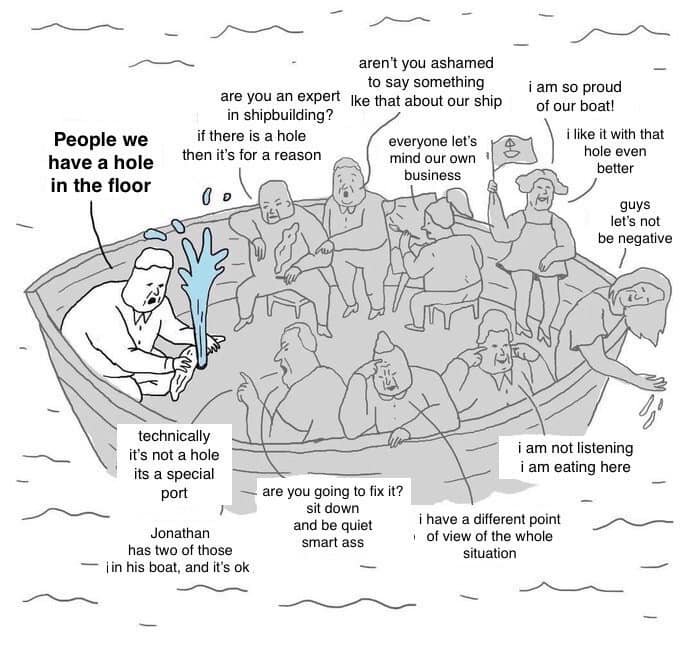
What can you do? Use the compost metaphors (#techshit, seeds, soil) into accessible non-branded messaging that sticks. You can help with editing to transform the long posts into shareable, short-form content for Mastodon, Fediverse, and allied networks.
Help is needed in curating and organizing existing #OMN writings into a structured wiki-style knowledge base. To build summaries, FAQs, and primers for newcomers who hit the projects cold. We need draft “composting guides” – how to deal with #blocking, #fashionistas, and #geekproblem inside communities. Moving this simple documentation to the Unite Forge and other new #OMN tools. Helping draft roadmaps that explain what’s built, what’s missing, and what needs contributors. Producing explainers on why #OMN is different from #dotcons and #NGO capture, why being grounded in #4opens matters.
Write out templates for horizontal decision-making (#OGB style) that projects can adapt. Suggest practical ways to “compost” blockers while keeping the wider network fertile. Help draft neticate rooted in #KISS + #4opens rather than #NGO-speak.
Each of these can be grown into living resources: wiki pages, blog posts, shareable guides, or activist toolkits – depending on where you want the energy to flow.
- Coding work https://unite.openworlds.info/explore/repos
- Funding work https://opencollective.com/open-media-network
- Thinking work https://hamishcampbell.com
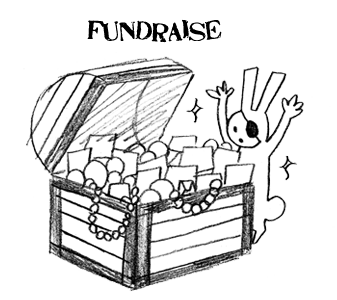


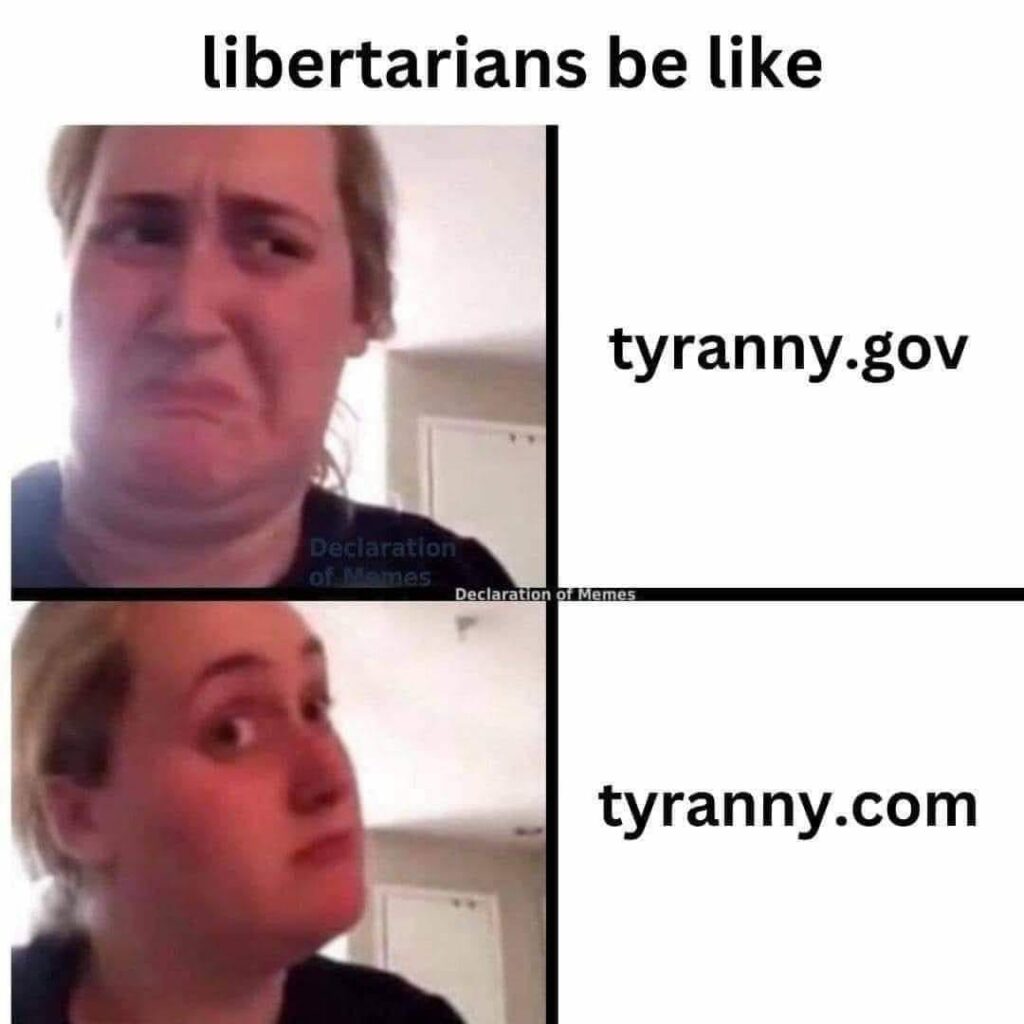

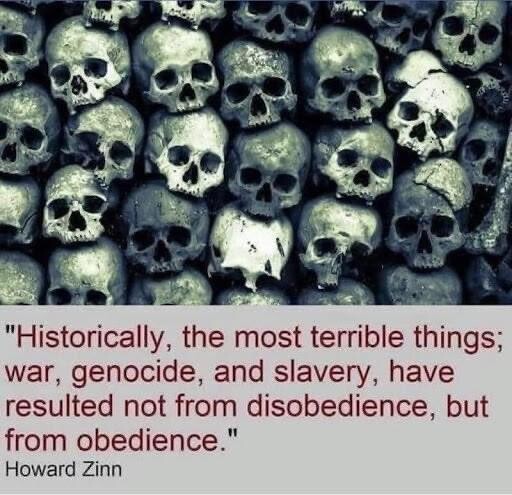



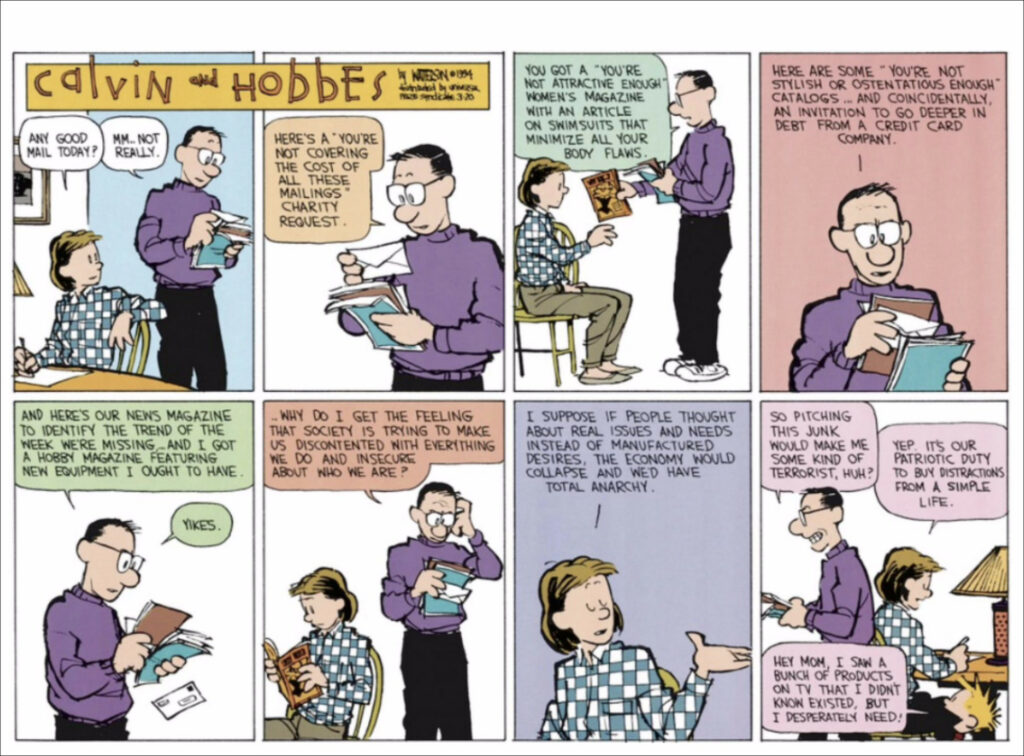
 Our current grassroots/alt media have websites so already have one foot in the openweb, but none of their sites prominently link in any meaningful way to each others. They do podcasting so anther foot in the open web, but all their effort for outreach is inside the
Our current grassroots/alt media have websites so already have one foot in the openweb, but none of their sites prominently link in any meaningful way to each others. They do podcasting so anther foot in the open web, but all their effort for outreach is inside the 